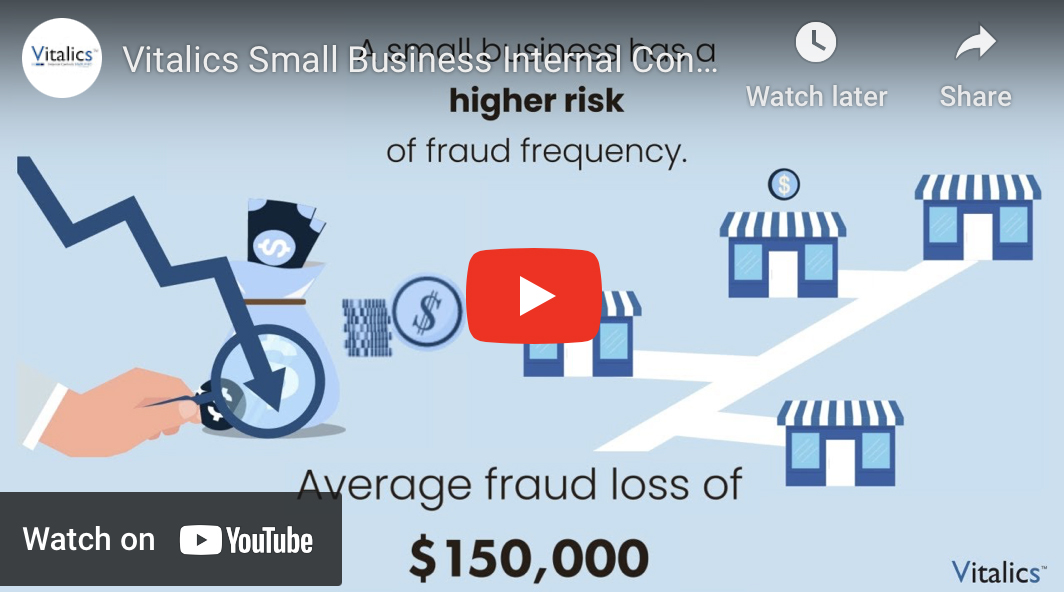Introduction
Building a business feels a lot like nurturing a plant. You water it, give it sunlight, and protect it from pests. Just as pests can harm a plant, fraud can damage a business. Now, you might be thinking, “How can I safeguard my business?” Well, the key lies in understanding and setting up robust fraud prevention mechanisms and internal controls. So, let’s embark on this journey together and dive deep into this crucial topic.
Why Care About Fraud Prevention?
First and foremost, the impact of fraud isn’t just monetary. Indeed, it can erode trust, tarnish your reputation, and demotivate your team. Therefore, it becomes imperative to nip such challenges in the bud.
Types of Fraud Every Business Should Know
Before we delve into prevention, it’s beneficial to understand the types of fraud businesses might face:
- Asset Misappropriation: This involves employees stealing company assets. It could be as straightforward as taking office supplies or as complex as embezzling money.
- Financial Statement Fraud: Here, employees might manipulate financial statements. This kind of fraud can inflate a company’s value or hide financial problems.
- Corruption: This includes practices like bribery or extortion. These acts can distort decision-making processes and reduce fair competition.
The First Line of Defense: Internal Controls
So, what are internal controls? Simply put, they’re systems and procedures designed to prevent fraud and ensure the accuracy of financial records. Think of them as the alarms and locks you’d install in your house to keep burglars out.
Now, let’s explore the elements of effective internal controls:
- Separation of Duties: By ensuring no single employee has control over all aspects of any critical financial transaction, you reduce the risk. For instance, the person responsible for processing payments should not be the same individual reconciling bank statements.
- Regular Audits: Periodic internal and external audits can unearth discrepancies. Moreover, just knowing audits are routine can deter fraudulent activities.
- Physical Controls: This means safeguarding assets with locks, safes, or password protections. Similarly, restricting access to sensitive areas or data is crucial.
- Documentation: Maintain robust and clear documentation for every transaction. Not only does this create a trail for auditors, but it also acts as a deterrent for anyone considering malfeasance.
Beyond the Basics: Advanced Fraud Prevention Strategies
While internal controls provide a solid foundation, you might want to consider going a step further. Here are some advanced strategies:
- Whistleblower Policies: Encourage employees to report suspicious activities. Additionally, ensure they know they can do so without facing repercussions.
- Employee Training: Regularly educate your team about the risks of fraud. Furthermore, help them understand their role in prevention.
- Background Checks: Before hiring, especially for roles with financial responsibilities, it’s wise to conduct thorough background checks. This can help you identify potential red flags.
- Regularly Update Procedures: Fraudsters evolve; so should your controls. Consequently, periodic reviews and updates of your policies are crucial.
In Conclusion: A Continuous Endeavor
Protecting your business from fraud isn’t a one-time effort. Instead, it’s a continuous process of vigilance, education, and adaptation. By implementing the strategies discussed here, you’re not just safeguarding your assets; you’re also preserving trust, integrity, and the very essence of your business.
And remember, just as a gardener remains alert for signs of pests, a prudent business owner stays vigilant for signs of fraud. With the right knowledge and tools in hand, you can ensure your business flourishes, free from the shadow of deceit.
Ready to Talk? Schedule an Appointment Today!


